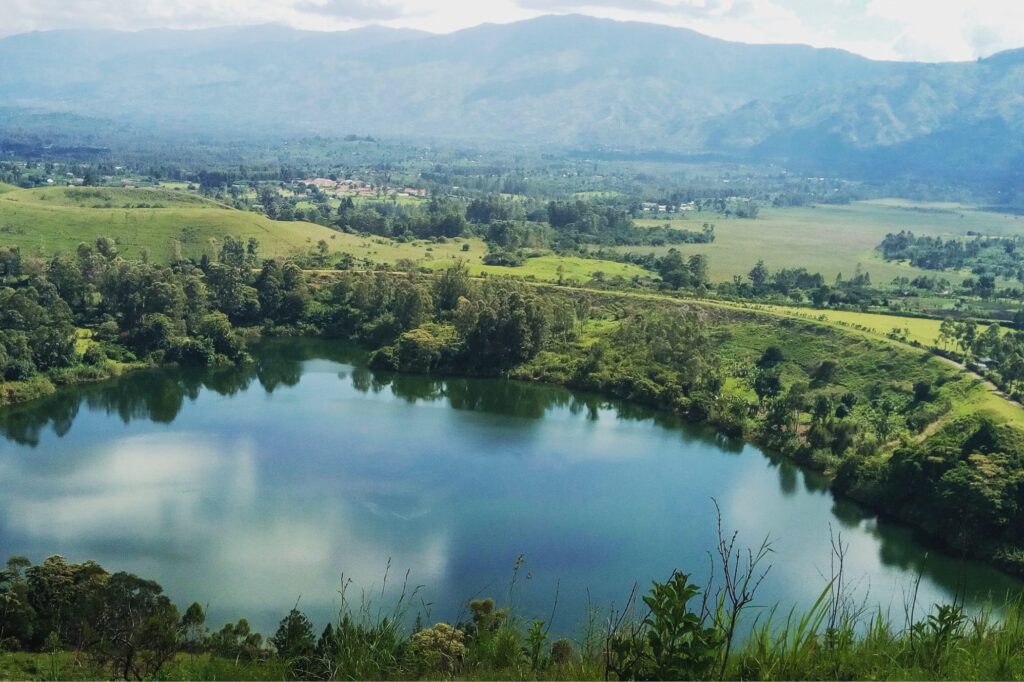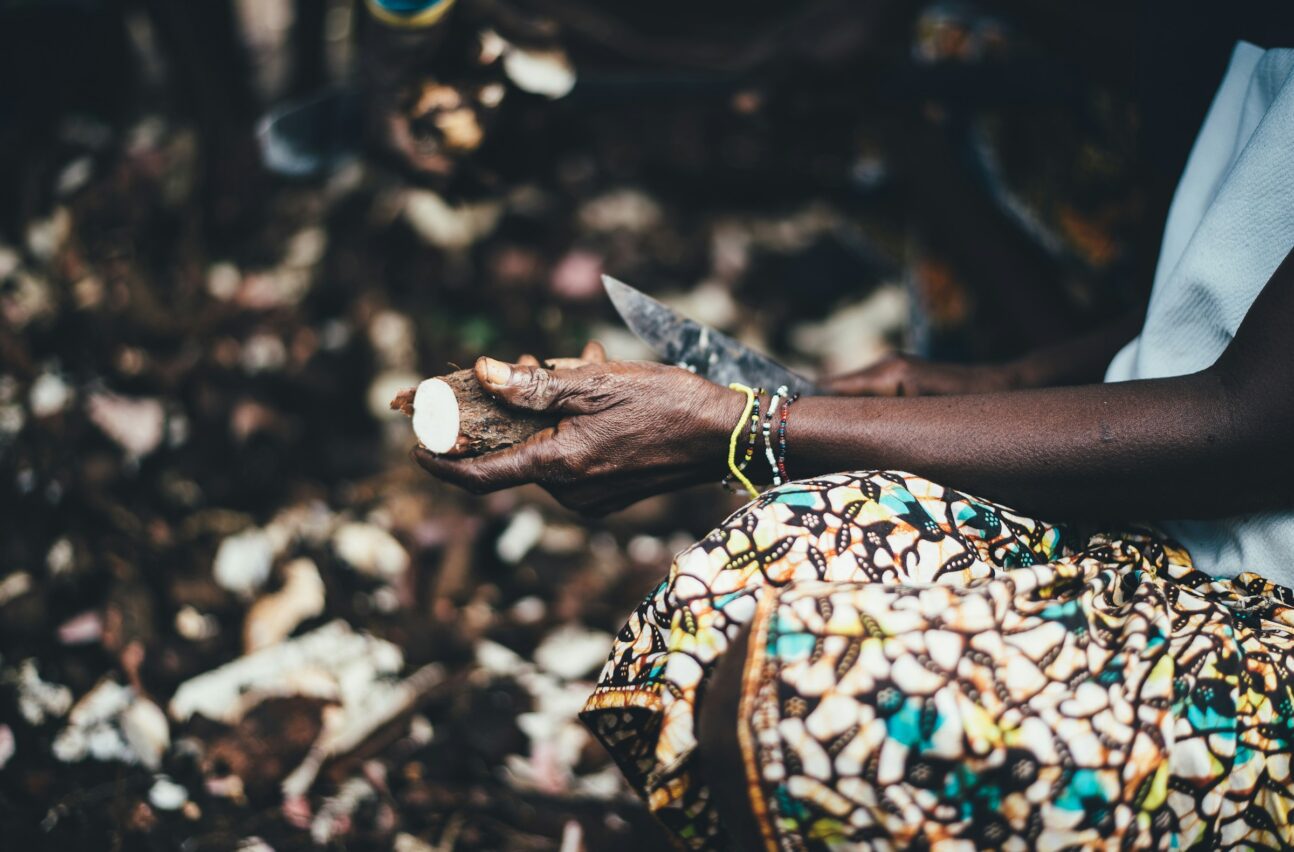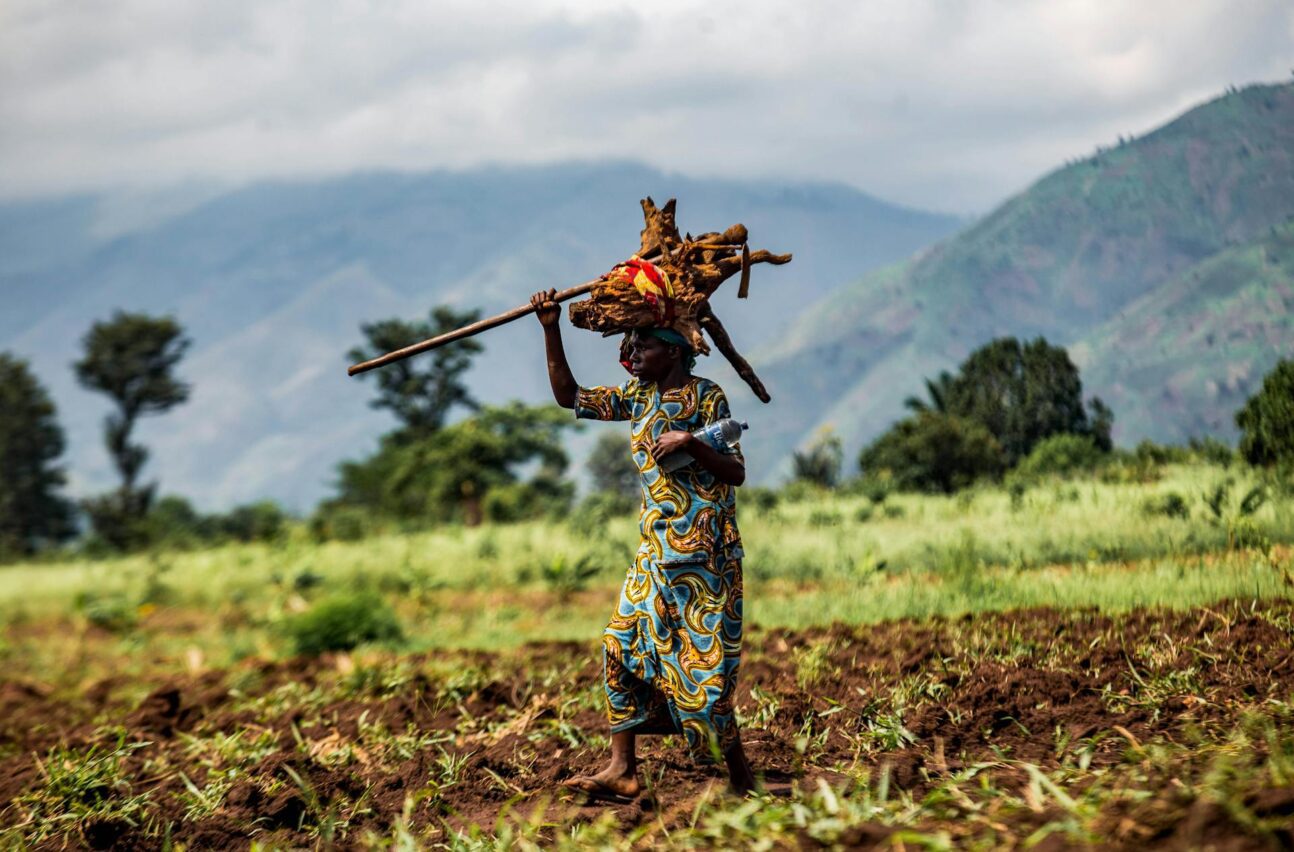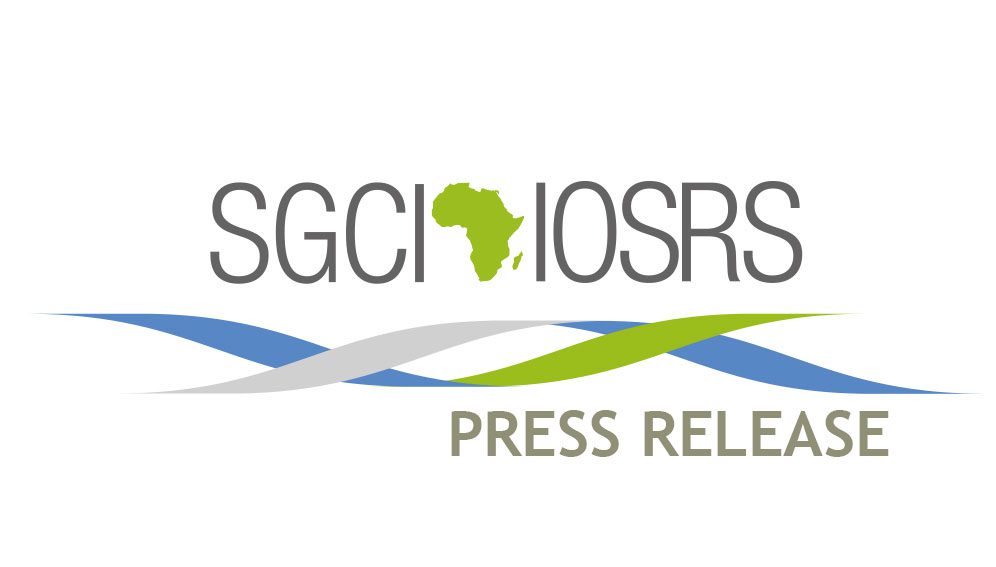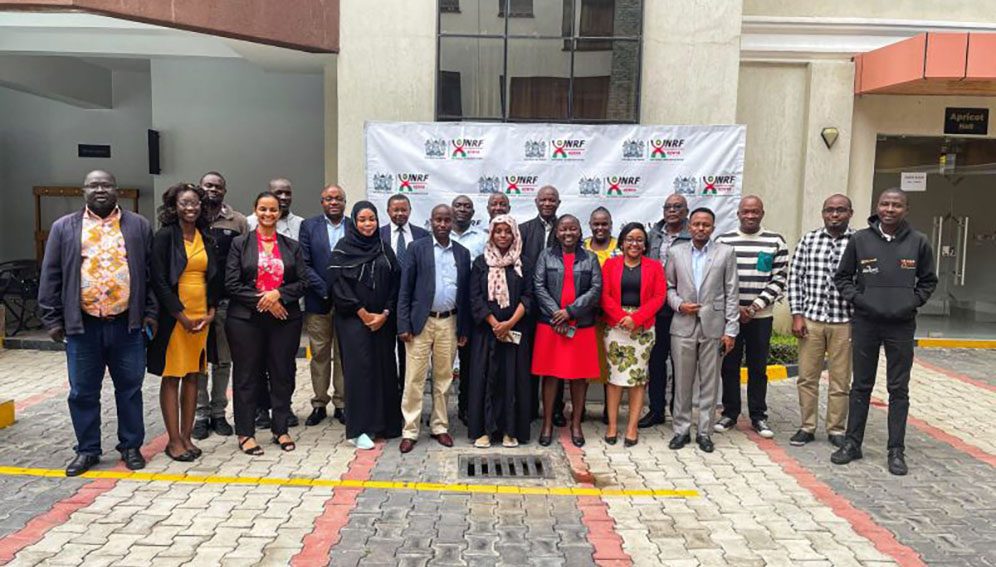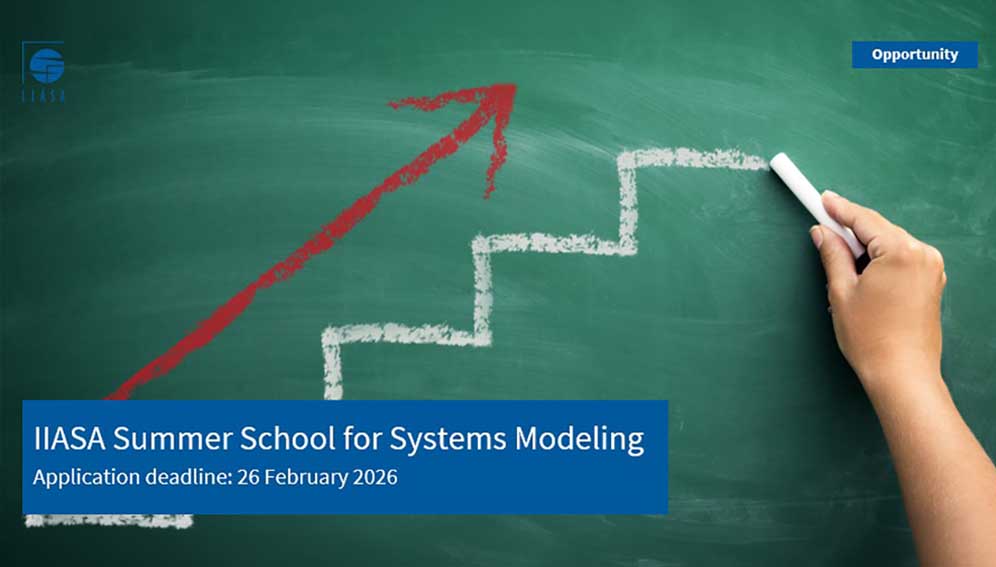Côte d'Ivoire
Science Granting Council
Summary
The Fund for Science, Technology and Innovation (FONSTI) was created by order No. 2018-593 of June 27, 2018. Designed on the model of the Swiss National Fund ( SNSF ), it is a research support fund, intended to finance high-quality scientific research and technological innovation programs and projects likely to have an impact on the socio-economic and cultural development of Côte d'Ivoire.
Council details
The Fonds pour la Science, la Technologie et l’Innovation (FONSTI) Côte d’Ivoire was established to finance high-quality scientific research and technological innovation. Its mission is to fund programmes and projects that directly contribute to the country’s socio-economic and cultural development.
FONSTI Côte d’Ivoire plays a pivotal role in strengthening the national research and innovation ecosystem. It aligns research priorities with Côte d’Ivoire’s development goals, addressing key challenges such as public health, climate change, and economic transformation through science-led solutions.
By integrating national needs with international best practices, FONSTI Côte d’Ivoire positions itself as a key driver of research excellence and sustainable innovation.
FONSTI Côte d’Ivoire and Strategic Collaboration through SGCI
As a member of the Science Granting Councils Initiative (SGCI), FONSTI Côte d’Ivoire collaborates with other African Science Granting Councils to enhance research and innovation. SGCI is a multilateral programme designed to strengthen the capacity of science funding agencies in sub-Saharan Africa. It supports evidence-based research to inform policies that promote economic and social development.
Through SGCI, FONSTI Côte d’Ivoire works closely with counterparts in Mozambique, Uganda, and South Africa. These collaborations foster knowledge exchange, joint funding calls, and cross-border capacity-building activities.
FONSTI Côte d’Ivoire’s mission extends beyond funding. It seeks to empower the scientific community, enhance the visibility of national research, and reinforce innovation systems. The organisation actively supports initiatives that build research capacity and promote inclusive, locally relevant development.
Leadership Perspective: Driving Research to Address Key Challenges
In this interview, Dr Yaya Sangaré, Secretary-General of FONSTI, underscores the importance of scientific research in solving urgent societal issues. He explains how FONSTI supports research focused on health and climate resilience, emphasising the need for context-specific approaches that deliver tangible benefits to local communities. Dr Sangaré also highlights the value of collaborative science in addressing critical health and environmental challenges.
Impact we’re having
Stories of change
Low-tech health app engages
Five years after its launch, PENSA – a mobile app developed in Mozambique— has been accessed by…
SGCI funded projects
10 research projects transforming sweet potato, cassava and moringa in Burkina Faso
Project Titles & Institution Areas of Research Number of Projects being funded Project Duration Grant Amount In-Kind Distribution Council Collaboration with other councils
Côte d’Ivoire’s researchers tackle climate change, food security, environmental challenges
Project Titles & Institution Areas of Research Number of Projects being funded Project Duration Grant Amount In-Kind Distribution Council Collaboration with other councils
Related News
Science Granting Councils Initiative announce support to Africa’s STI Policy Agenda at African Union Meetings
Press Release Addis Ababa, Ethiopia | February 12, 2026 — Ahead of the Annual Summit of Heads of State at the African Union Headquarters in Addis Ababa this February, Canada’s International Development Research Centre (IDRC), the Government of Norway, and the United Kingdom’s Foreign, Commonwealth…
Kenya’s research fund launches data security training
The National Research Fund (NRF) Kenya has launched a research data security training workshop, highlighting its commitment to strengthening the quality, integrity, and impact of publicly funded research across the country. The workshop convened experts from universities, Ministries, Departments, and Agencies (MDAs), and research institutions…
ILASA summer school for systems modeling 2026
Master’s students, PhD candidates, and early-career researchers with a focus on sustainability and quantitative methods are invited to apply for the IIASA Summer School for Systems Modeling, taking place in Laxenburg, Austria, from 29 June – 10 July 2026. The two-week in-person programme offers intensive,…

